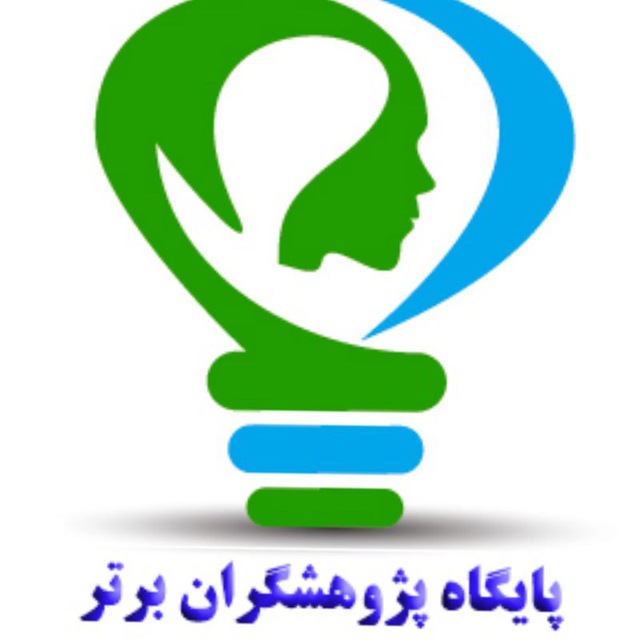Continuation of the previous post
A: Report of the Commander of the Tehran Revolutionary Guards (35 minutes)
1- His report includes topics such as; “Necessity of promoting Basiji thinking”, “The reference was to the actions of the Tehran Corps in the field of medical services, the preparation of basket packages, stationery, the formation of jihadi groups, planting trees around Tehran, the release of involuntary prisoners and the preparation of dowries along with statistics” . In another part of his report, he mentioned the inappropriate situation of addiction and divorce and called it “earthquake”.
2- My tangible experience of “mohrom gardi” (neighborhood) from 63 deprived neighborhoods of Tehran city shows that in all these neighborhoods the problem of “insecurity” and “feeling insecurity” (especially for women and children) as a result of buying and selling drugs Drugs, coercion, etc. is the main challenge. It seems that the joint chapter of urban management and IRGC can be to deal with this issue in a fundamental and fundamental way. A problem that the commander of the Tehran Army also promised to launch patrols in Tehran to deal with thugs.
3- The Commander of the Tehran Army Corps (Mr. Yazdi) used this sentence several times: “Let’s all join hands and help”, this positive approach can be a common thread and a clear message of cooperation with the city administration. This part of today’s meeting can be evaluated positively in the sense that the council is trying to improve its relationship with all parts of the government in order to solve people’s problems.
D: Other cases (60 minutes)
In the session of “Twenty-third” (November 30), the council required the municipality to present a bill to help the earthquake victims in the west of the country and asked the municipality to bring its bill on Sunday (November 5), It was practically impossible). After 19 days, the municipality presented its bill to the council today. This issue coincided with the governor’s objection to the two-urgency plan of the council (the plan approved in the 23rd meeting). The strange and surprising point of the governor’s objection (the board for the implementation of the council’s approvals) was that the approval of the council’s approval was conditioned by adding two clauses to it, in fact, the governor had legislated in a way. According to the law, the governor can only reject or approve the Council’s approvals within the framework of the law and has no right to add or subtract clauses to it. In the current law, the council is at most “municipal council” and this limit of authority is limited by the governor (implementation board) in all kinds of ways. Unfortunately, the council agreed to this dangerous procedure and accepted one of their conditions. Although some issues (such as earthquakes) require some kind of compromise, but in the issue of Kurdish spending outside of Tehran, in the past years, actions were taken without these conditions. Therefore, contrary to the claim and excitement of the head of the council – “we came to make today’s decision with this phrase, let’s do something different” – this part of the meeting cannot be evaluated positively. A simple matter and submitting to the governor’s legislation)
In the final part, council representatives were elected for various assemblies and commissions.
This post is written by Adelsalari
